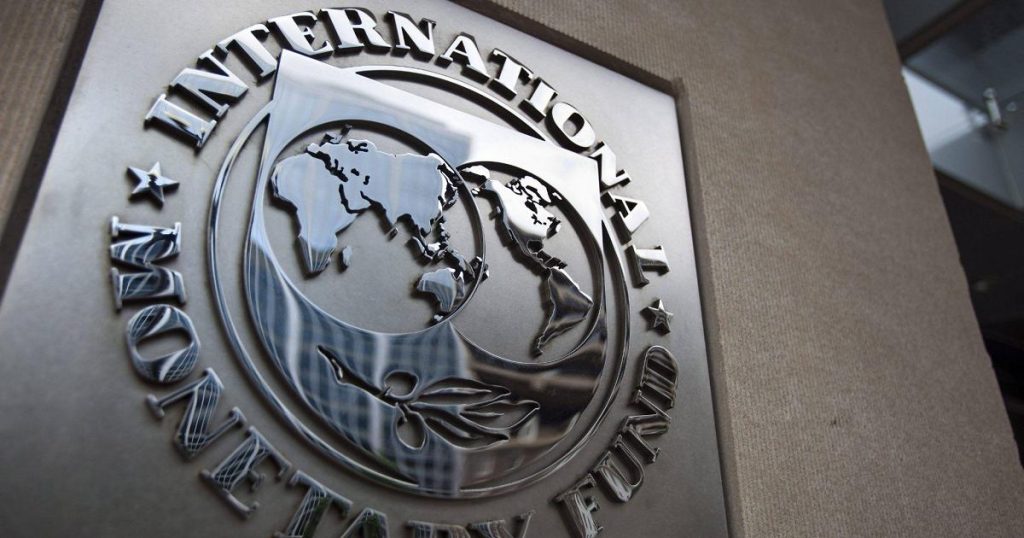The International Monetary Fund (IMF) has stated that Italy needs to make “further fiscal efforts in the next two years” in order to stabilize its debt levels. According to the IMF’s Fiscal Monitor, there is less than a 50% probability that Italy will achieve the primary deficit necessary to stabilize its debt, estimated to be more than 0.5% of GDP by 2024. The report predicts that Italy’s debt will continue to rise over the next five years, remaining above 140% of GDP. The deficit is expected to decrease to 3% in 2026, then to 2.9% the following year, before returning to 3% in 2028 and 2029. Despite these adjustments, the debt will still increase to 140.4% in 2025, 142.6% in 2026, and 143.1% in 2027, and remain above 140% in 2028 and 2029, at 144.7% and 144.9% respectively.
The IMF highlights that some economies, including Italy and Japan, have announced new fiscal stimulus plans and spending initiatives based on optimistic financing assumptions. The IMF warns that global debt is projected to rise to near 100% of GDP by 2029, driven by major economies such as China, Italy, the United Kingdom, and the United States. These countries need to take action to address fundamental imbalances between spending and revenue. The IMF calls for countries to address these challenges and make necessary adjustments to ensure sustainable economic growth.
Kristalina Georgieva, the managing director of the IMF, has emphasized the importance of countries like Italy taking proactive measures to address their fiscal challenges. Georgieva has pointed out that Italy, along with other major economies, needs to make adjustments to its spending and revenue policies in order to maintain long-term fiscal sustainability. The IMF’s analysis suggests that without significant changes, Italy’s debt levels will continue to rise, posing a threat to its economic stability and growth prospects.
The IMF’s warnings come at a critical time for Italy, as the country grapples with the economic impact of the COVID-19 pandemic and ongoing challenges in its financial sector. Italy will need to carefully consider its fiscal policies and prioritize measures that will help reduce its debt levels and create a more sustainable economic future. With the IMF’s projections indicating a continued rise in debt over the next decade, urgent action is needed to address these issues and ensure Italy’s long-term economic stability.
In light of the IMF’s recommendations, Italy must take steps to enhance its fiscal discipline and make the necessary adjustments to reduce its debt levels and strengthen its economy. This may involve implementing targeted spending cuts, increasing revenue through tax reforms, and improving efficiency in public spending. By addressing these challenges head-on, Italy can work towards achieving a more sustainable fiscal position and creating a stable foundation for economic growth in the years to come. The IMF’s analysis underscores the importance of taking decisive action to address Italy’s fiscal challenges and consolidate its finances in order to secure a prosperous future for the country.


